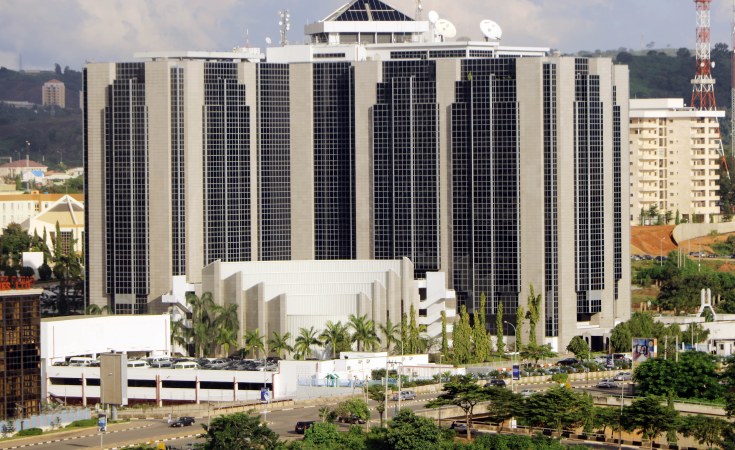Abuja, Nigeria — Nigeria's central bank said this week it uncovered $2.4 billion in false foreign exchange claims after investigating backlogs of $7 billion due to be cleared. Authorities said the findings will reduce pressures caused by foreign exchange shortages and warned that false claims could harm Nigeria's economy.
The discovery of the invalid claims followed a comprehensive forensic audit by the consulting company Deloitte on behalf of the Nigerian central cank.
The CBN described the discovery as startling and said the irregularities include invalid documents, non-existent claimants and, in some cases, beneficiaries receiving unauthorized foreign exchange allocations.
The bank also said some claimants received more than they had initially requested.
CBN governor Olayemi Cardoso said the bank will not honor invalid transactions.
Economic analyst Ogho Okiti said it is a step in the right direction.
"Given what we have now, about 50% has been cleared and we have about 50% to go," said Okiti. "And whenever that is done, that should actually support or help our improvement in liquidity. I think anyone found to be intentionally, deliberately and by design wanting to defraud the Central Bank, I think they should be made to account for that."
It is the first time in seven years that audited accounts of the CBN have been made public.
Prolonged foreign exchange shortage
Nigeria has been struggling with a prolonged foreign exchange shortage that has delayed economic progress, devalued the local currency, and worsened inflation.
Authorities said the audit had become necessary in order to understand the problems with the central bank and the economy.
So far, the CBN has paid out around $2.3 billion in the valid claims, including money owed to airlines, manufacturing and energy sectors.
'It's not going to solve anything'
Economist and director at the Center for Social Justice Eze Onyekpere said the audit will not fix what ails the Nigerian economy.
"It's not going to solve anything," said Onyekpere. "The currency's position in terms of the value is beyond the CBN and it's monetary policies. It's a whole lot about the governance architecture whether it's in the area of fiscal, industrial, education, health policies. You heard the CBN governor tell the house of representatives that medical tourism and payment of school fees consumed about $40 billion within the space of 10 years -- that's $4 billion dollars a year."
However, Onyekpere said the findings of the audit reflect deeper problems within Nigeria's foreign exchange system and must be addressed.
"Commonwealth, foreign exchange, the resources of Nigeria have not been properly managed," said Onyekpere. "Over the years they have been systematically stolen. The present economic situation we find ourselves is as a result of outright stealing."
Upon taking office last year, President Bola Tinubu pledged to crack down on corruption and enact reforms to boost the economy. So far, the economy has not taken off and Nigerians remain in a wait-and-see mode.


